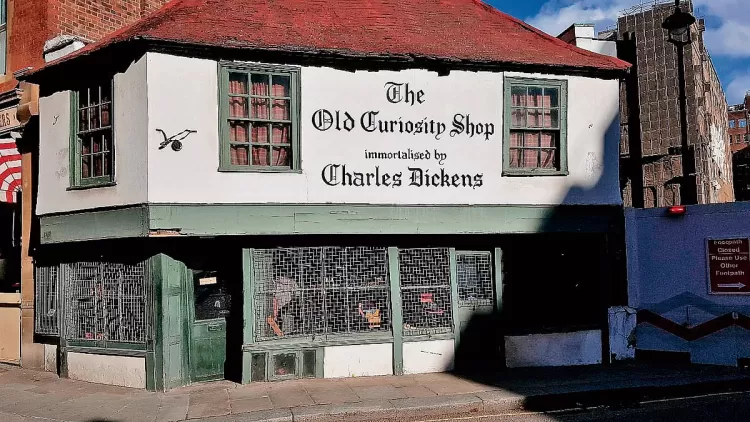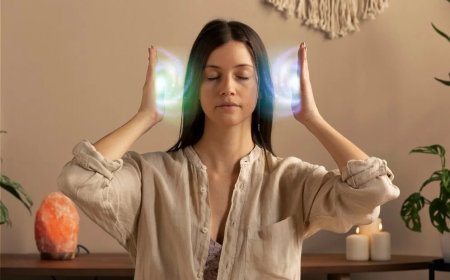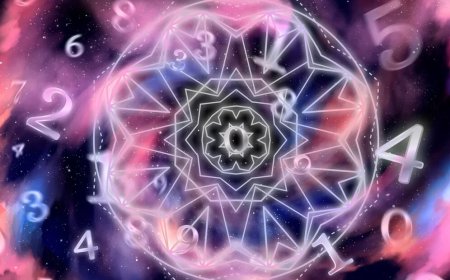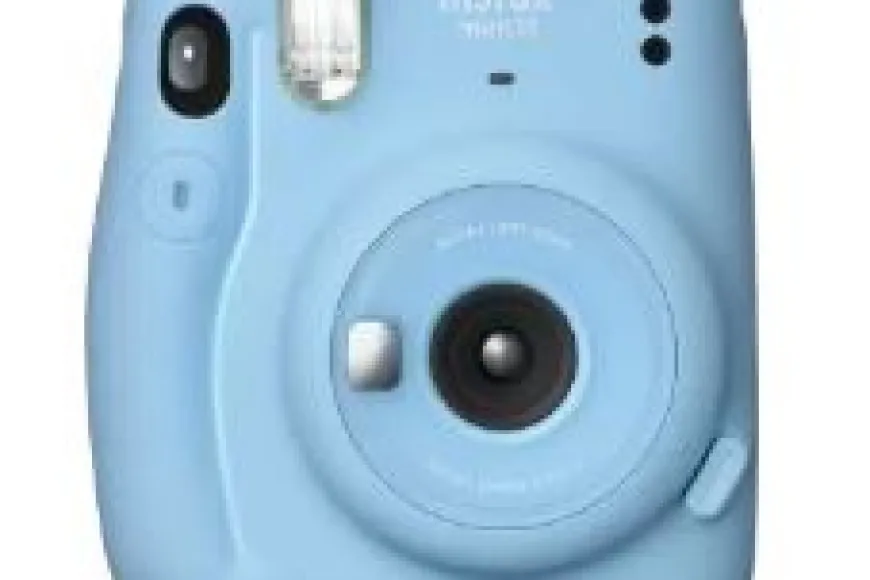Alcohol’s sedative effects can worsen overall sleep quality later

Join our WhatsApp Community to receive travel deals, free stays, and special offers!
- Join Now -
Join our WhatsApp Community to receive travel deals, free stays, and special offers!
- Join Now -

Alcohol is often used as a sleep aid – with some people crediting a “nightcap” with helping them fall asleep more easily. But while it might be nice to unwind after a long day with a glass of wine or a beer, alcohol may not be as beneficial for sleep as some think. In fact, it may actually lead to a worse night’s sleep overall.
If alcohol is consumed before bed, it can initially have a sedative effect – making you fall asleep more quickly. But while we may think a nightcap shortens the time it takes to fall asleep, recent research shows this sedative effect only really occurs after drinking higher doses of alcohol – between three-six standard glasses of wine, depending on the person – within three hours of bed.
And while this might seem beneficial, using alcohol to fall asleep is not recommended. This is not only because of the negative health effects of drinking alcohol, but also because alcohol disrupts sleep later in the night.
This disruption mainly affects REM (rapid eye movement) sleep. Alcohol delays the first episode of REM sleep – and reduces the subsequent amount of REM sleep you get throughout the night. It can also make you wake up more often or lead to lighter sleep in the...
What's Your Reaction?
 Like
0
Like
0
 Dislike
0
Dislike
0
 Love
0
Love
0
 Funny
0
Funny
0
 Angry
0
Angry
0
 Sad
0
Sad
0
 Wow
0
Wow
0
























































